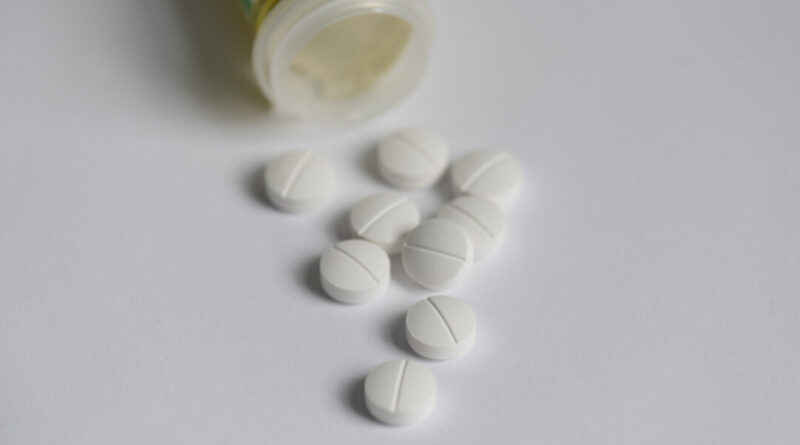Quebec Residents File Class-Action Suit Against Pharma Companies Linked to Opioid Addiction and Safer Supply
A Quebec Superior Court judge has authorized a class-action suit that alleges 16 pharmaceutical companies misled people regarding the safety and addictive nature of opioids.
People who have been diagnosed with opioid use disorder in Quebec since 1996 may be covered by the lawsuit.
Respondent Purdue Pharma makes Dilaudid, the brand name of the most commonly prescribed safer supply opioid, hydromorphone. Respondent Teva Canada Limited is the Canadian arm of Teva Pharmaceuticals, which makes fentanyl buccal tablets prescribed as safer supply. Respondent Sandoz Canada Inc. makes safer supply fentanyl patches and sufentanil, which is up to 10 times stronger than fentanyl.
He compared the flood of safer supply opioids to that of OxyContin when it started the opioid addiction crisis more than a decade ago. “Except this time, we’re doing it with even more powerful drugs,” he said.
Millions in Damages
The applicant in the Quebec class-action case is Quebec resident Jean-François Bourassa. Mr. Bourassa sustained injuries when he fell from a roof in 2005. He owned a roofing company at the time. He says he was prescribed various opioids, including hydromorphone, without being informed of the risks.
The lawsuit outlines how he used opioids for years and was admitted into an Opioid Use Disorder (OUD) program at the Centre hospitalier de l’Université de Montréal in 2017. After he was discharged, he was prescribed hydromorphone in lower dosages. He was re-admitted to the OUD program in 2018.
He was again prescribed hydromorphone in 2021 to relieve pain associated with shingles, and his family doctor continued to prescribe it to him thereafter.
The suit alleges “the marketing of the opioids was intentionally done through deliberate misrepresentations to the effect that the opioid medications were less addictive than they knew them to actually be.”
Some of the respondents say Mr. Bourassa did not demonstrate that he consumed opioids made by them specifically.
“They put the question as to why Applicant has not limited his proceeding to only those respondents whose medication he actually consumed rather than disproportionately targeting what is tantamount to the entire opioid-drug-manufacturing industry,” according to the case information outlined in the authorization document.
The lawsuit calls for each defendant to pay $25 million in punitive damages and $30,000 to each member of the suit.





